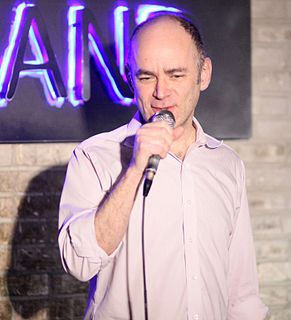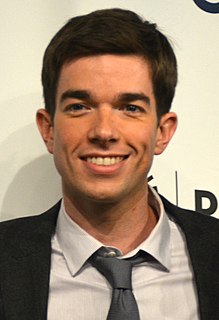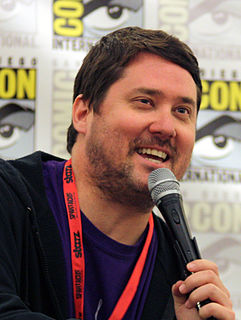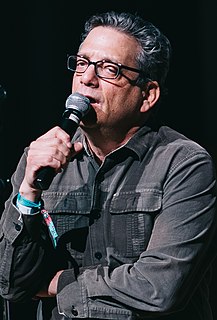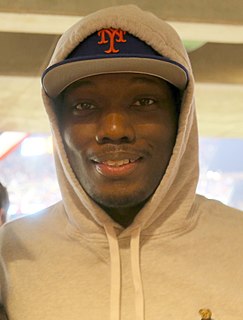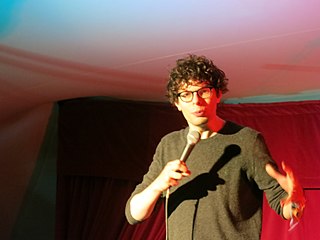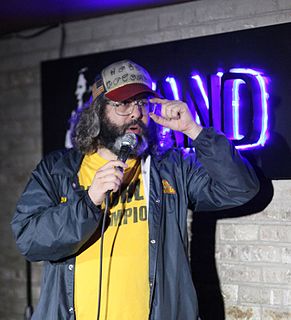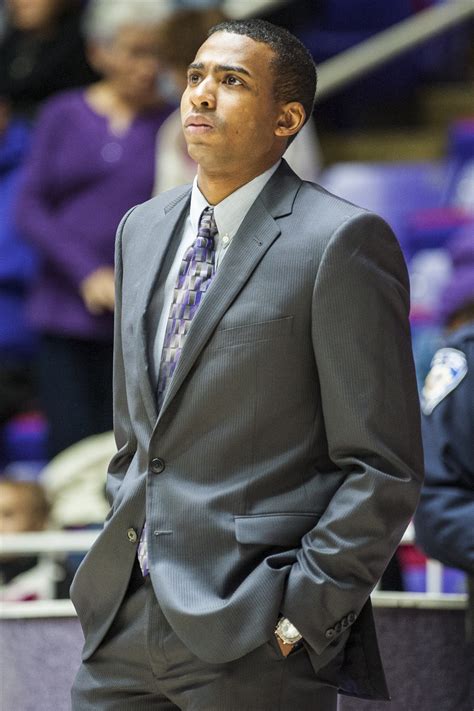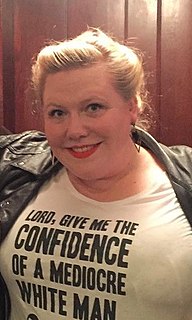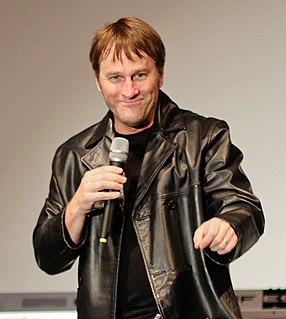A Quote by Todd Barry
The problem with a lot of comedy clubs is not that they are a comedy club; it's just the cheesy way they're presenting themselves. That's why a lot of people have a problem with them. If you're a relatively unknown comedian, you can play at a comedy club, you might play to hundreds of people every night. But if you try to make a concert event out of it, and try to play a rock club or something, where you might play to 10 people or no people. And the flipside of that is, that's also a great thing, to play to people who are your fans. Some people are too hard on the comedy clubs.
Quote Topics
Also
Cheesy
Club
Clubs
Comedian
Comedy
Comedy Club
Comedy Clubs
Concert
Event
Every
Every Night
Fans
Great
Great Thing
Hard
Hundreds
Just
Lot
Make
Might
Night
Out
People
Play
Presenting
Problem
Relatively
Rock
Some
Some People
Something
The Problem With
Them
Themselves
Thing
Too
Try
Unknown
Way
Why
Your
Related Quotes
Performing comedy in San Francisco to begin with is pretty wild. You've got to - you've got the human game preserve to play off of. And it's a lot of great characters everywhere. You work off that, and then you play the rooms, and eventually you get to a point where you're playing a club that is a comedy club, with other comics.
The thing that still exists is that if it's at all possible for me to step outside the club after the show, because I still haven't encountered any comedy clubs that - legally they can't have weed smoking and alcohol at the same facility, pretty much in all the states that have legalized, that's part of the deal. And, unfortunately, comedy clubs make all their money from the selling alcohol part of it. So, since there are no venues I can smoke with the fans in, I step outside and pretty much every show I do there are some people out there and we have a nice little session.
I would love to be able to play anywhere, but to me the sweet spot is clubs and theaters, just because I feel like you lean in to tell a joke. You don't back up. Comedy lives in that area. I've played amphitheaters, big clubs, and pool halls, and the most fun rooms hold anywhere from 500 to 2,000 people. That intimacy is where comedy really lives.
There's so many variables in comedy. Comedy is not this thing that's a performance like a play. It's really an interaction with every single person in the room. And if there's a weirdness in the room for any people, be it something the comedians did at the top of the set or be it the mixture of the people isn't right, something can go awry. So it's really great to see you proven wrong about someone.
Even in the things that look most frivolous there has to be the threat of something quite painful to make the comedy work. I suppose the play of mine that's best know is NOISES OFF, which everyone thinks is a simple farce about actors making fools of themselves. But I think it makes people laugh because everyone is terrified inside themselves of having some kind of breakdown, of being unable to go on. When people laugh at that play, they're laughing at a surrogate version of the disaster which might occur to them.
On a practical level, I'm uncomfortable at comedy clubs because there are so many shitty dude comics who have made my life miserable. If I go to a comedy club and I look around, I don't know which of the dudes lining the wall told me that I was too fat to get raped. It makes me nauseous. But that was a couple years ago, and meanwhile, comedy has changed a lot.
It's something we do every week. Every week kind of has bigger name headliners. It's all just our taste. There's a lot of people like Ian Edwards or Dan Mintz who a lot of people haven't heard of yet, but we know are really great. When we started the show five years ago it wasn't because Patton Oswalt needs another place to play. It was because we had a lot of new friends like BJ Novak or Morgan Murphy, who didn't have any club to play.
